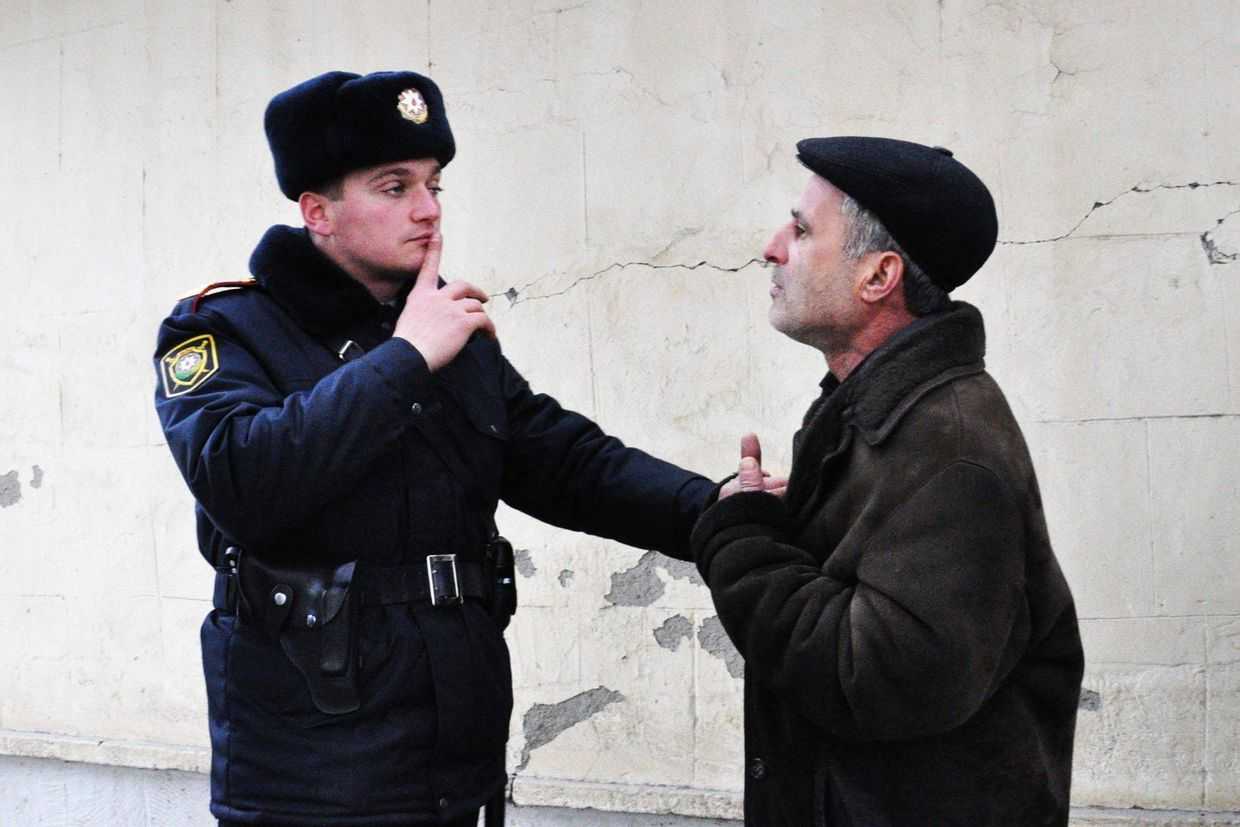
The Constitutional Court of Georgia has effectively legalised the production and dissemination of pornography, ruling in favour of a claim that the current definition of ‘pornography’ was vague and open to interpretation.
A fight for the explicit legalisation of pornography may remain an uphill battle, as lawmakers may quickly redefine the term.
Prior to the ruling on 4 November, ‘making, dissemination or advertisement of pornographic works, printed publications, images or similar items’ was punishable by up to two years in prison.
The four judges sitting on the case found unanimously that the law left an ‘unreasonably wide margin’ for interpretation which could create the ground for ‘arbitrariness and injustice’.
They said the law breached a ‘foundational principle in criminal law — no punishment without law’.
The judges ruled that the law did not differentiate between pornography and erotic material, or whether ‘pornography’ necessarily implied bodily penetration, nudity, or a portrayal of sexual activity without showing sex organs.
The judges also found the term ‘obscenity’, used to define pornography in the Georgian Law on Broadcasting to be ‘too abstract’’.
The judges ordered lawmakers to come up with a clearer definition of pornography by May 2023.
‘All four judges agreed that one would not be able to rely on legal consultation to clearly learn how to avoid criminal charges or even two years jail time’, Giorgi Gotsiridze, a constitutional litigation lawyer at the Georgian Young Lawyers’ Association (GYLA), told OC Media.
The ban was challenged by Giorgi Logua, who was represented by GYLA along with two private lawyers.
According to Gotsiridze, the Prosecutor’s Office charged Logua and 11 others in 2017 for publishing pornography produced outside Georgia on their website.
While Logua was cleared by the first instance court, he took his case to the constitutional court after prosecutors appealed this decision.
Logua has argued that the law contradicted the constitution, which states that ‘no one shall be held responsible for an action that did not constitute an offence’.
‘No one can be punished for pornography as long as it remains to be defined’, GYLA’s Giorgi Gotsiridze said.
Short of a victory for free speech advocates
Despite overturning the ban on pornography, the Constitutional Court stopped short of explicitly placing it within the realms of free speech.
The court was split evenly on the issue, with two of the four judges arguing making such a judgement was unnecessary given the lack of a clear definition of pornography in Georgia’s legal system.
In a joint dissenting opinion, the two other judges — Giorgi Tevdorashvili and Giorgi Kverenchkhiladze — argued that producing and disseminating adult pornography did fall under free speech.
They labelled any blanket restriction ‘illogical’, and warned about a possible chilling effect on free expression as a result of regulators overreaching.
The two dissenting judges argued that such a ban pushed people to self-censor out of fear of prosecution.
They underlined that they ‘shared the position of the plaintiff that the norm in question unjustifiably limits the right to spread pornographic material when the recipient is an adult [who proactively seeks to be exposed to it]’.
Underlining a need to protect minors, the dissenting judges also noted that the unparalleled role of the internet in the accessibility to pornography, including in foreign-registered domains, rendered the efficiency of the ban challenged by the plaintiff ‘minuscule’.
In their ruling, the court tasked the lawmakers to work on new regulations to safeguard minors or adults who did not seek it out from being exposed to pornography online.
OC Media has reached out to Parliament’s legal affairs and human rights committees for comment.









